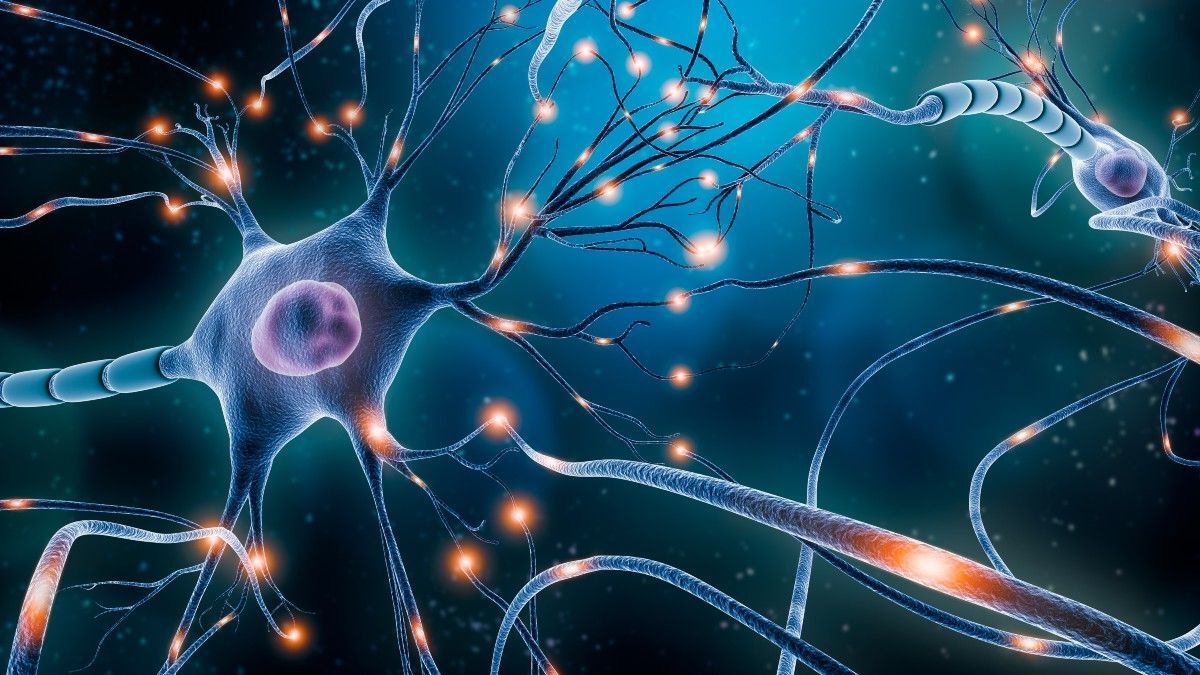
Ever wondered why your heart races when you're scared or why you sweat on a hot day? These actions are controlled by the autonomic nervous system (ANS), which manages involuntary functions like heart rate, digestion, and blood pressure. When something goes wrong with the ANS, it can lead to autonomic nervous system diseases. These conditions can stem from various causes, including diabetes, aging, or viral infections like COVID-19. Symptoms range from dizziness and rapid heart rate to digestive issues and urinary problems. Understanding these diseases is crucial for early diagnosis and effective treatment, helping improve the quality of life for those affected.
What Are Autonomic Nervous System Diseases?
Autonomic nervous system diseases affect the part of the nervous system that controls involuntary functions like heart rate, digestion, and blood pressure. These conditions can significantly impact daily life.
-
Definition of Autonomic Nervous System Diseases: These diseases involve dysfunction in the autonomic nervous system, which controls involuntary bodily functions. Damage to the nerves or disorders affecting the brain and spinal cord can cause these conditions.
-
Types of Autonomic Nervous System Diseases: There are several types, including autonomic neuropathy, autonomic dysfunction, and autonomic failure. Each type has unique symptoms and causes but all involve some level of autonomic dysfunction.
Causes of Autonomic Nervous System Diseases
Understanding the causes can help in managing and preventing these diseases. Various factors contribute to the development of autonomic nervous system diseases.
-
Diabetes: High blood sugar levels over time can damage nerves, leading to autonomic neuropathy.
-
Aging: As people age, nerve degeneration can lead to autonomic dysfunction.
-
Injury: Trauma to the neck or spine can damage nerves controlling autonomic functions.
-
Certain Drugs: Some medications, like those for high blood pressure, can affect the autonomic nervous system.
-
Viral Infections: Certain viral infections, including COVID-19, can cause autonomic dysfunction.
-
Neuromuscular Disorders: Conditions like botulism and Lambert-Eaton syndrome can affect the autonomic nervous system.
Symptoms of Autonomic Nervous System Diseases
Symptoms vary widely depending on the specific condition and the location of the damage. Recognizing these symptoms is crucial for early diagnosis and treatment.
-
Orthostatic Hypotension: A drop in blood pressure when standing up, leading to dizziness, lightheadedness, and fainting.
-
Tachycardia: Rapid heart rate.
-
Bradycardia: Slow heart rate.
-
Nausea and Vomiting: Abdominal discomfort and gastrointestinal issues.
-
Sweating Abnormalities: Excessive sweating or anhidrosis (lack of sweating).
-
Digestive Problems: Constipation, diarrhea, or abdominal pain.
-
Urinary Issues: Urinary retention or incontinence.
-
Sexual Dysfunction: Erectile dysfunction or decreased libido.
Diagnosing Autonomic Nervous System Diseases
Diagnosing these diseases often involves a combination of clinical evaluation, medical history, and various diagnostic tests.
-
Autonomic Function Tests (AFTs): These tests assess autonomic function by measuring responses to different stimuli, like changes in blood pressure or heart rate.
-
Heart Rate Variability (HRV) Testing: This test measures the variation in time between heartbeats to assess autonomic function.
-
Blood Pressure Monitoring: Continuous monitoring of blood pressure to detect orthostatic hypotension.
-
Electrodiagnostic Tests: Tests like electromyography (EMG) and nerve conduction studies (NCS) evaluate nerve function.
The Importance of Understanding Autonomic Nervous System Diseases
Understanding autonomic nervous system diseases is vital for improving quality of life. These conditions, affecting involuntary functions like heart rate, digestion, and blood pressure, can be debilitating. Recognizing symptoms such as orthostatic hypotension, tachycardia, and digestive problems helps in early diagnosis and effective treatment. Causes range from diabetes and aging to injuries and viral infections. Diagnosis often involves autonomic function tests, heart rate variability testing, and blood pressure monitoring. Treatment includes medications, lifestyle changes, and sometimes surgery. The sympathetic and parasympathetic divisions play crucial roles, with the hypothalamus acting as a key regulator. Preventive measures like managing diabetes, avoiding injuries, and maintaining a healthy lifestyle are essential. By understanding these diseases, individuals can better manage their conditions and improve their overall well-being.
Was this page helpful?
Our commitment to delivering trustworthy and engaging content is at the heart of what we do. Each fact on our site is contributed by real users like you, bringing a wealth of diverse insights and information. To ensure the highest standards of accuracy and reliability, our dedicated editors meticulously review each submission. This process guarantees that the facts we share are not only fascinating but also credible. Trust in our commitment to quality and authenticity as you explore and learn with us.


